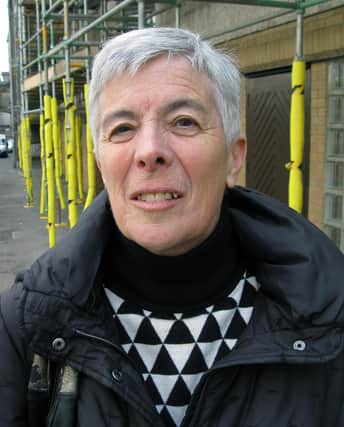The digital divide has worsened during lockdown - Moyra Forrest


However, the current crisis has highlighted just how deep that divide has become. It is multi-faceted.
Broadband for all was trumpeted. Some early difficulties were part-resolved by the public libraries’ supply of a People’s Network. Many people who could not afford, or could not get connections, became a new generation of library users. They may not have been conventional users, but they had some access to the online world. Public libraries have been closed, or able to offer only very limited services, during lockdowns.
Advertisement
Hide AdAdvertisement
Hide AdSchools do not provide equal IT provision. The national scheme, Glow, has not allowed a seamless transition to online teaching. There is lack of equipment and a lack of training.
Further, and critically, there is sparse recognition that many homes do not have the equipment, parents with IT facility and the finances required. And perhaps we should take note of just how much training, professionalism and patience teachers bring to their work; more and more anxious people are saying “we are not trained as teachers”.
But it is not only young people who are affected. Some of the most isolated older people are not able to enjoy the online world. There may be also be lack of finance and lack of equipment. But some older people may also have failing eyesight, hearing and manual dexterity. Not to mention lack of confidence.
It is all very well to say “work at home” - but how many homes have the ideal home office environment? And how many jobs can move instantly online?
Advertisement
Hide AdAdvertisement
Hide AdMost services from both national and local governments assume access to IT. If you are not online, you lose out on so much. And if you are already feeling left out, yet another blow to your dignity.
The voluntary sector has often camouflaged the failings of government. For example, there is a UK national literacy scheme. Locally, there is supposed to be a support scheme to help children with reading. If you cannot read, the world is a very difficult place. That scheme has not been up and running in Edinburgh for at least three years, and there must be other frustrated potential volunteers around. When I helped with adult literacy on a voluntary basis
many years ago, I noted how many evacuees had lost out on critical parts of their schooling – and some never caught up. Numeracy also suffered. We would do well to remember that in caring for the future welfare of our children.
Moyra Forrest is a former Liberal Democrat councillor and a retired librarian